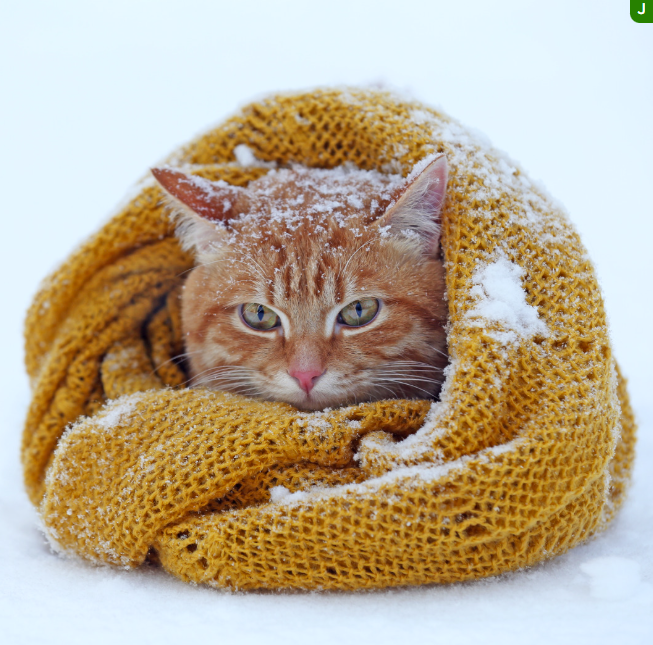
Cold Weather Care: How to Protect Your Pets This Winter
Share
Keep Pets Indoors: If it's too cold for you, it's probably too cold for your pets. Keep them indoors as much as possible to prevent frostbite and hypothermia.
Limit Outdoor Time: When your pets do go outside, limit their time outdoors and supervise them. Shorten walks and make sure they have a warm place to return to.
Protect Paws: Cold weather can cause chapped paws and itchy, flaking skin. After walks, wash and dry your pet's feet and stomach to remove ice, salt, and chemicals. Consider using booties or paw protectants.
Provide Warm Bedding: Ensure your pets have a warm, comfortable place to sleep, away from drafts and cold floors. Provide extra blankets if needed.
Avoid Antifreeze: Antifreeze is toxic to pets. Clean up any spills immediately and consider using pet-safe antifreeze products.
Check for Frostbite: Pay attention to the tips of your pet's ears, tail, and paw pads, as these areas are most susceptible to frostbite. If you suspect frostbite, contact your vet immediately.
Hydrate and Feed Well: Make sure your pets have access to fresh water and feed them a little extra during the winter months, as they burn more energy trying to stay warm.
Avoid Leaving Pets in Cars: Just as cars can become dangerously hot in the summer, they can act like refrigerators in the winter, holding in the cold and potentially causing your pet to freeze.
By following these tips, you can help ensure your pets stay safe and healthy during the cold weather.
American Veterinary Medical Association, ASPCA
